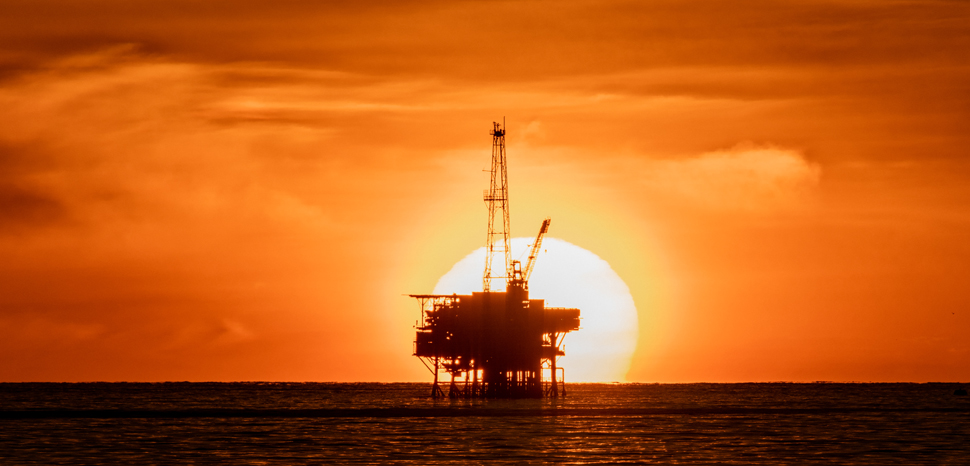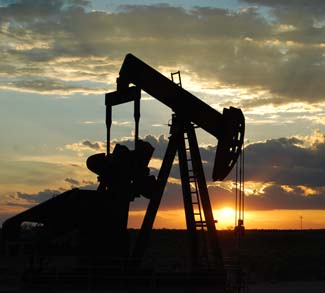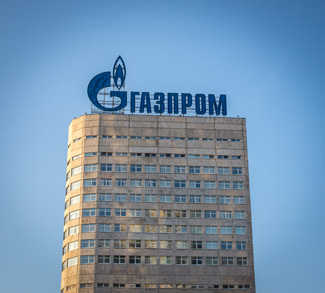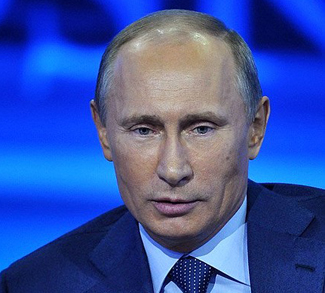Since the Ukraine war began, the United States and its allies (primarily Western states) have steadily increased sanctions on Russia, aiming to economically isolate Moscow. The strategy is to stifle income from gas and oil exports, reducing President Putin’s funds to finance the war. In theory, this should force Russia to stop fighting once they run out of money. However, in practice, it’s much more complicated, and assessing the effectiveness of these sanctions on the Russian economy poses a challenge.
One important distinction in evaluating the sanctions is that oil and gas are two separate categories, not products. The impact on oil differs from the impact on gas, and within gas, sanctions affect piped natural gas differently from LNG. The overall economic impact is distinct from the effect on oil and gas exports, as sales and revenues are influenced by market factors and decisions made by the Kremlin, Washington, and Western parliaments. For instance, Europe had planned to decrease oil and gas imports by 2030 to meet climate goals even before the war, which would have led to a decline in Russia’s oil and gas revenues by billions of dollars annually, regardless of the sanctions.




